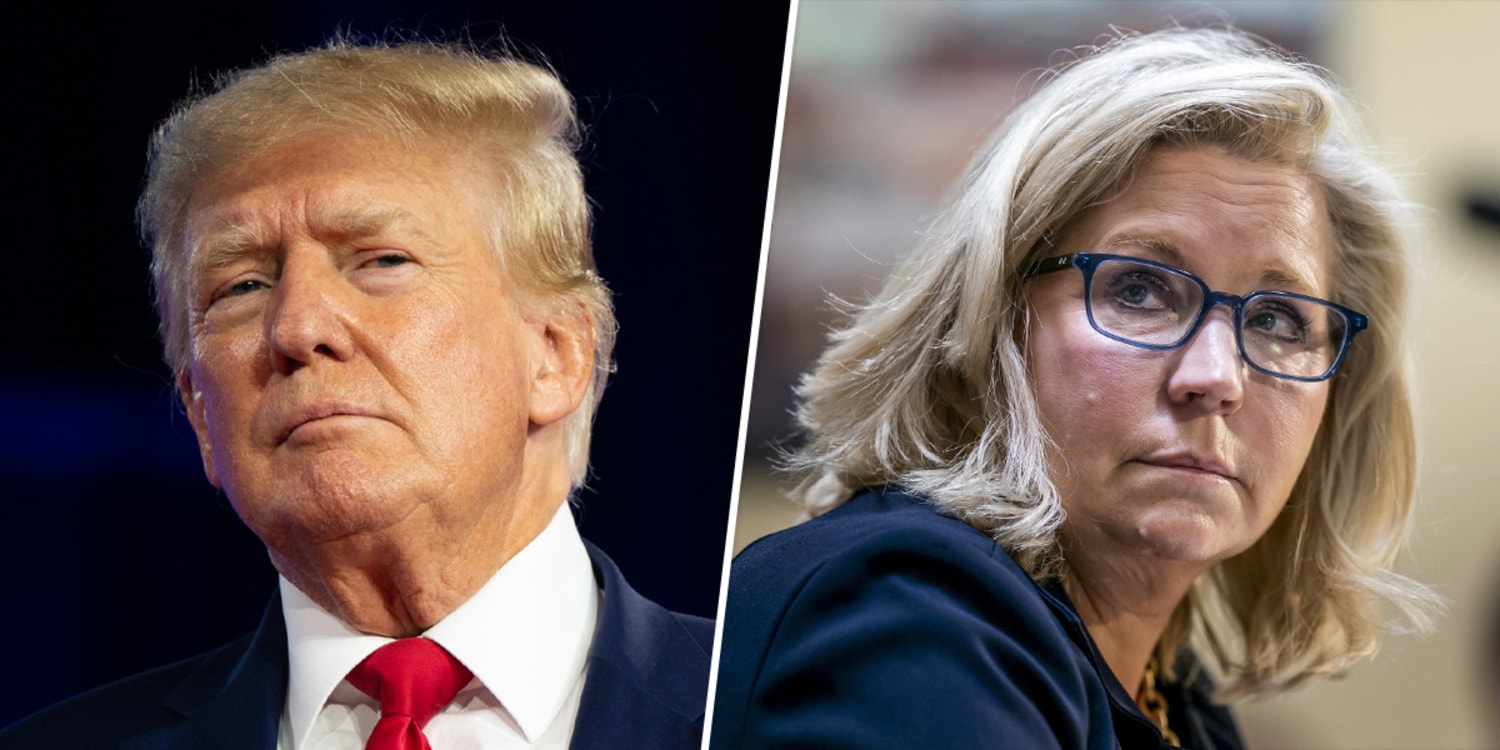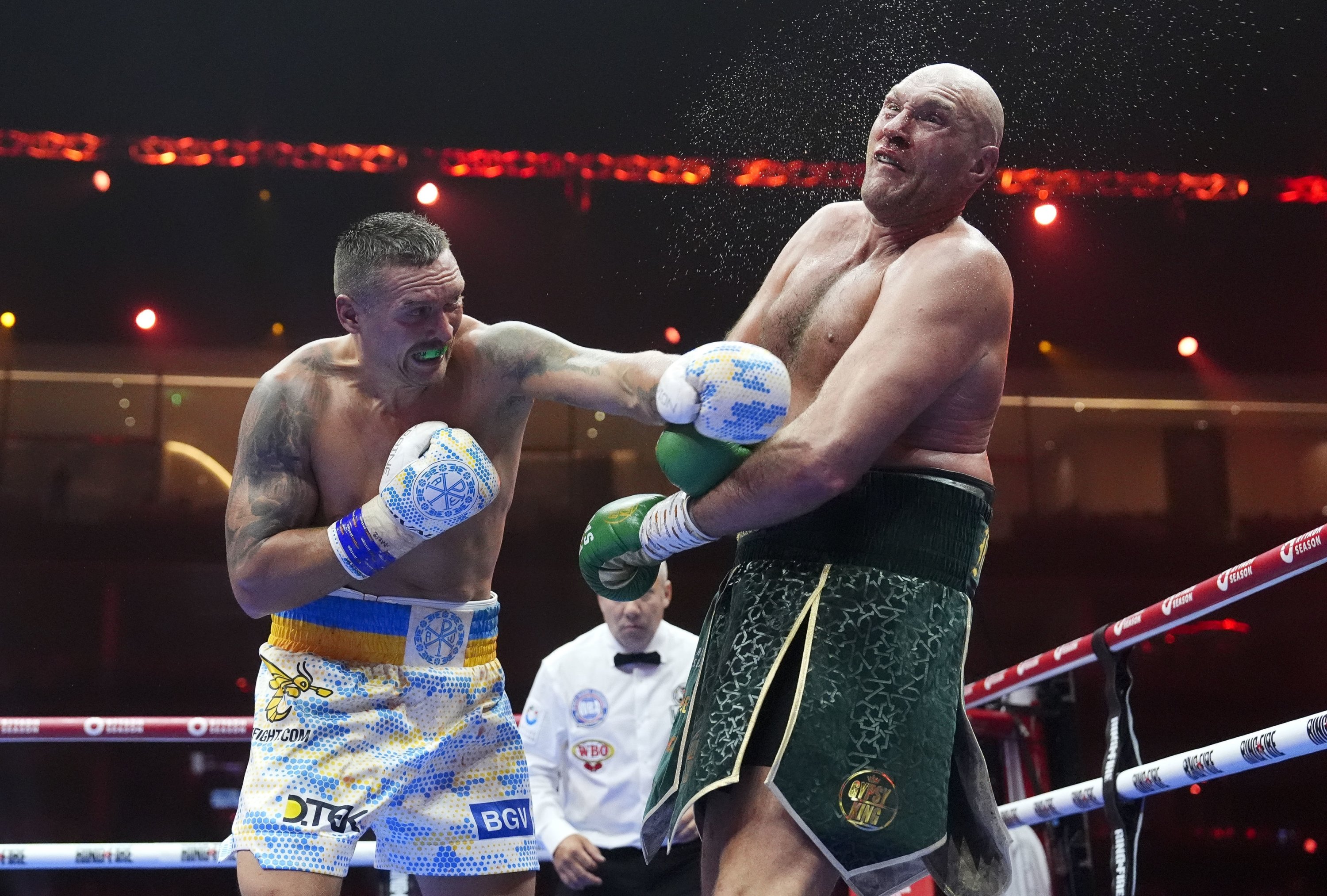the news broke that former Vice President Dick Cheney had died quietly at his Wyoming home, America paused—some in reverence, some in resentment. But the moment that truly gripped the nation wasn’t the muted White House response. It was the still, composed face of
Liz Cheney, the daughter who once stood against the storm of her own party—and who, less than a day after her father’s passing, made three deeply human choices that spoke louder than any speech.
The Silence That Echoed

At the briefing room podium, Caroline Leavitt, the White House Press Secretary, confirmed that the flag had been lowered to half-staff “in accordance with the law.”
Nothing more. No statement from the President. No message of condolences.
For a man who had once sat at the heart of American power, it felt chillingly cold. Dick Cheney—architect of post-9/11 America, the steady hand beside President George W. Bush, the voice that had shaped decades of policy—was reduced to a procedural gesture.
To some, it was politics. To Liz Cheney, it was personal.
A Daughter’s Question

That evening, as tributes poured in from across the world—from world leaders to former rivals—Liz issued a brief, deliberate statement. She didn’t attack; she asked.
“If lowering a flag fulfills the law, what fulfills our duty to respect a life’s service?”
Her question cut through the noise. It wasn’t about protocol—it was about honor. For those who grew up in an America that still believed in duty, it resonated like a quiet bell.
The Door That Stayed Closed
Within hours, reporters learned that the Cheney family had declined the President’s request to attend the private funeral service in Jackson Hole. No press, no cameras, no politics. Just family.
Liz didn’t make a scene. She didn’t post or shout. She simply drew a line.
“My father believed leadership was service,” she told a close aide. “This moment isn’t for spectacle.”
It was a subtle defiance—an echo of the courage that once cost her a seat in Congress, when she stood alone against her party to defend the Constitution. Now, she was defending something else: the dignity of her father’s memory.
A Promise in Grief
After the funeral, Liz returned to Washington. Those who saw her said she moved with the quiet resolve of someone who had already decided her next step.
In a handwritten note left on her father’s desk, she had written only one line:
“I will finish what you began—with truth, not fear.”
No one knows exactly what she meant. Some believe she plans to found a nonpartisan institute on constitutional integrity, something her father had discussed in his later years. Others say she may be preparing a book—part memoir, part manifesto—on the cost of courage in modern America.
But those who know Liz best say this: she’s not looking back.
The Meaning of Legacy
For millions of Americans—especially those between 45 and 65 who remember the Bush years—this moment is more than political. It’s generational. It’s about what happens when duty collides with ego, when public service becomes theater, and when silence can mean more than applause.
Dick Cheney was never loved by all—but even his fiercest critics rarely doubted his conviction. In death, his legacy has become a mirror: forcing the nation to look at how we treat those who served before us, and how easily respect can be replaced by rhetoric.
And in that mirror, Liz Cheney stands—alone, composed, unshaken. Not as a politician anymore, but as a daughter keeping her father’s light alive.
“History will judge us,” she once said. “But before that, our children will.”
In an era of noise, she chose quiet.
In an age of power, she chose principle.
And in mourning her father, she reminded America what decency still looks like.
The Secret to Beating Taller Boxers: How Usyk Outsmarted Tyson Fury 🥊🧠

/origin-imgresizer.eurosport.com/2024/12/16/image-65da242f-c979-43fc-8444-d1a83ffd3ff4-85-2560-1440.jpeg)


